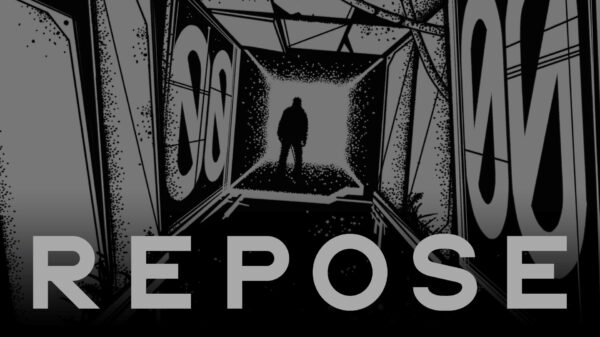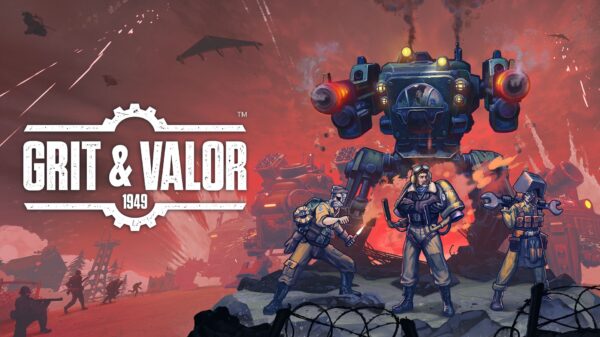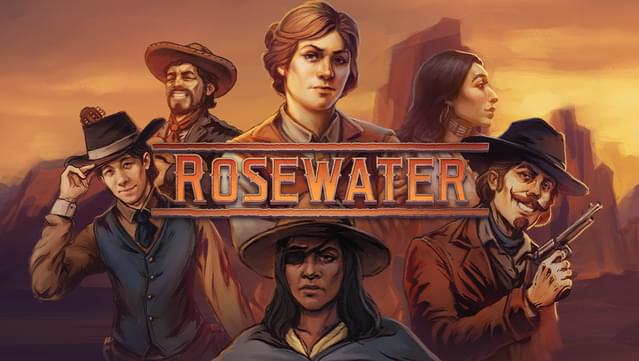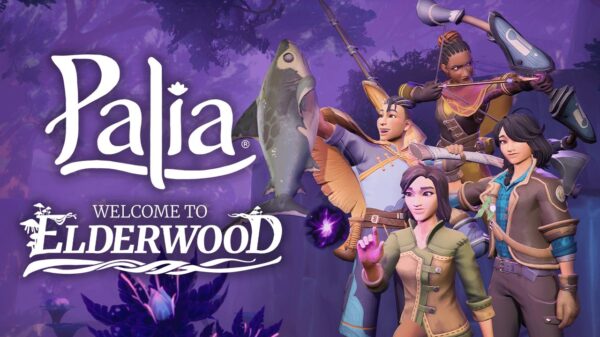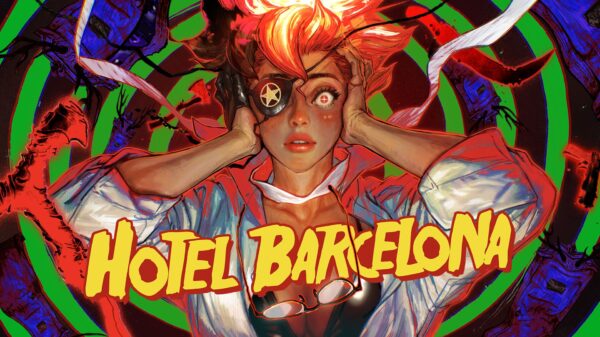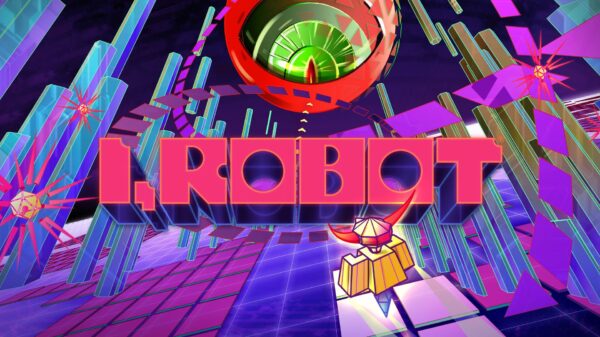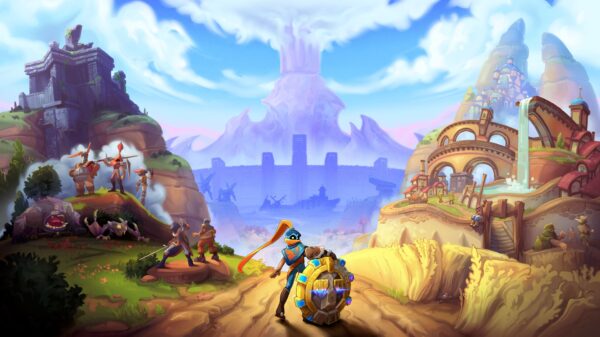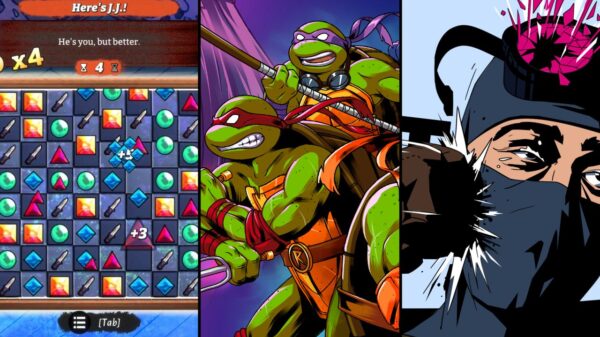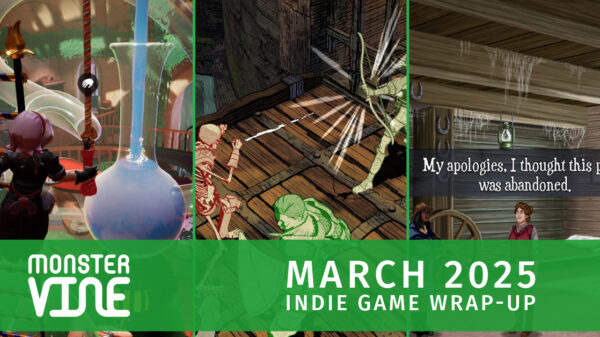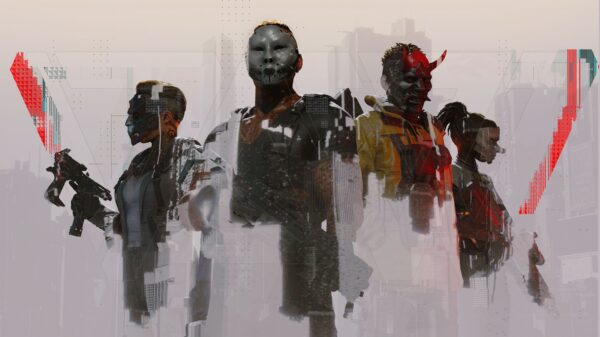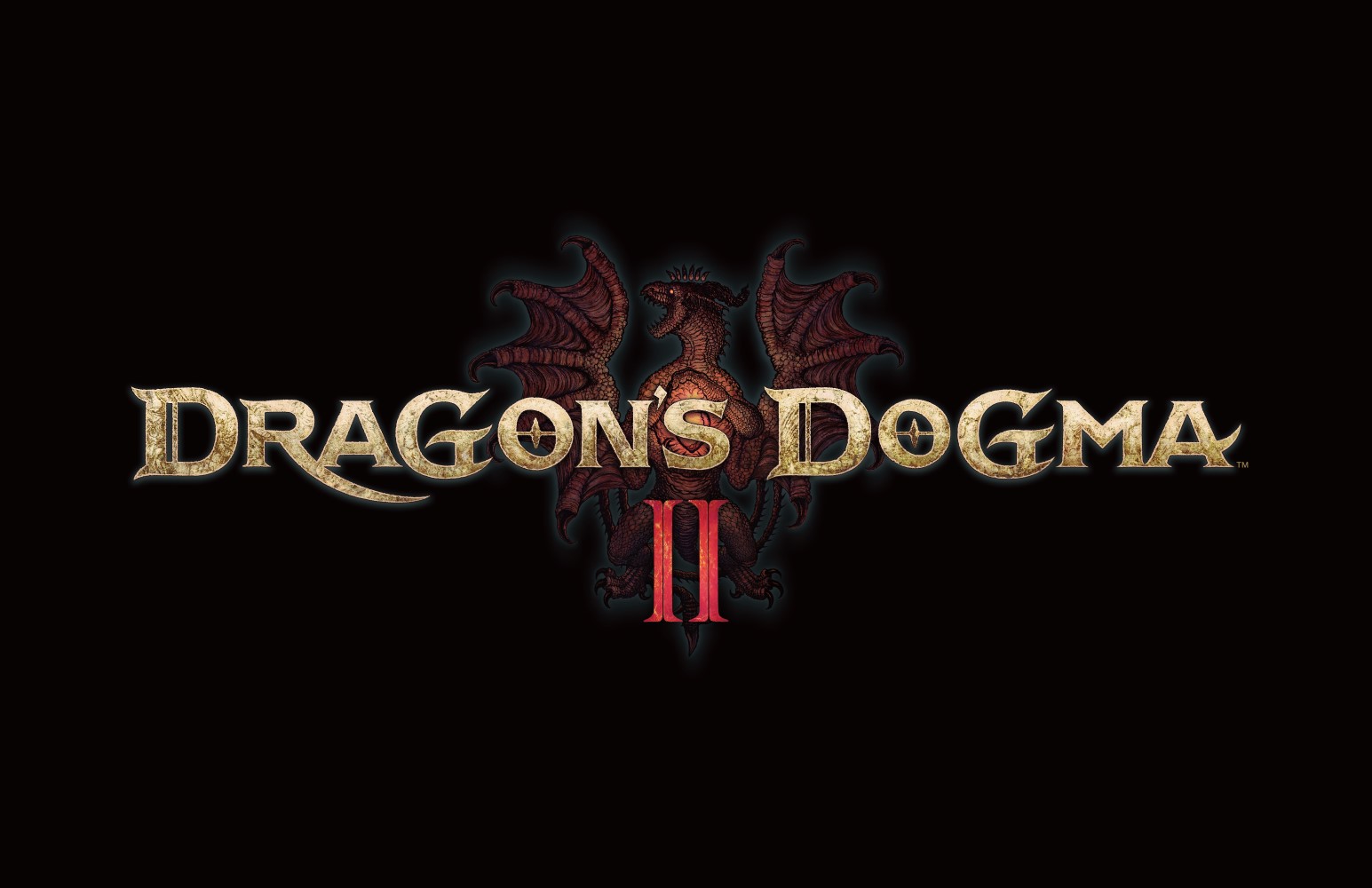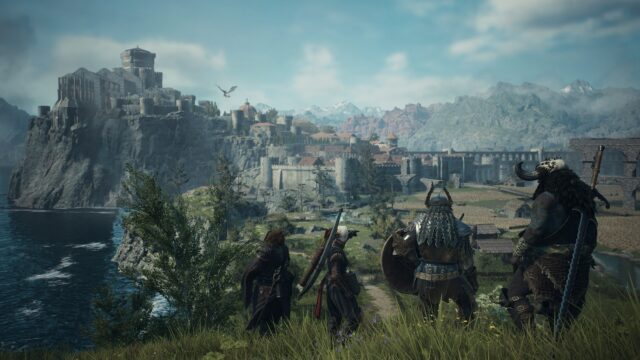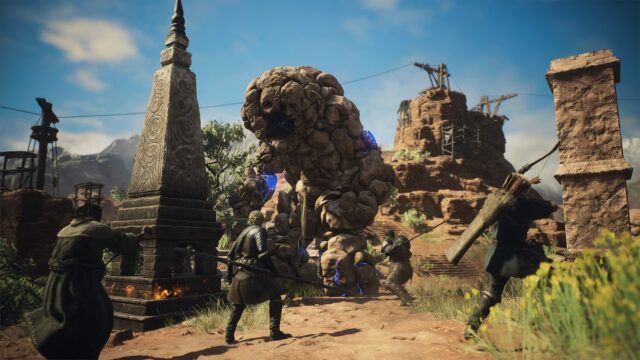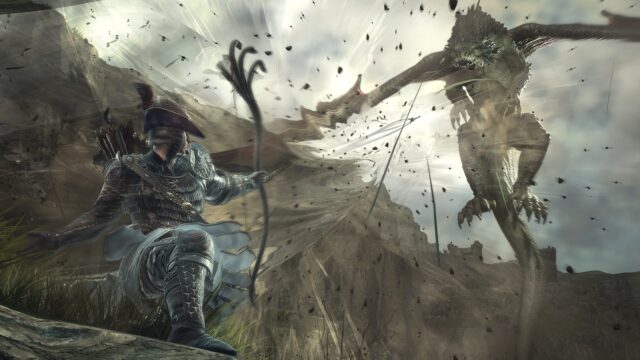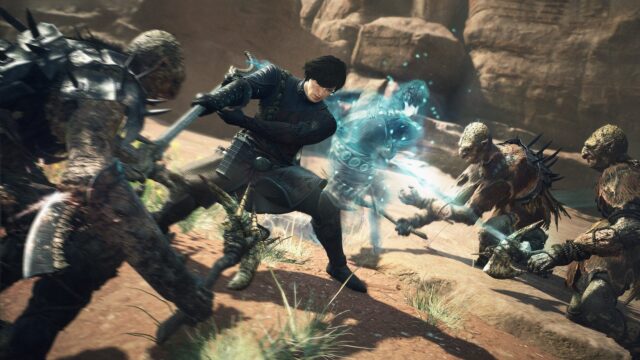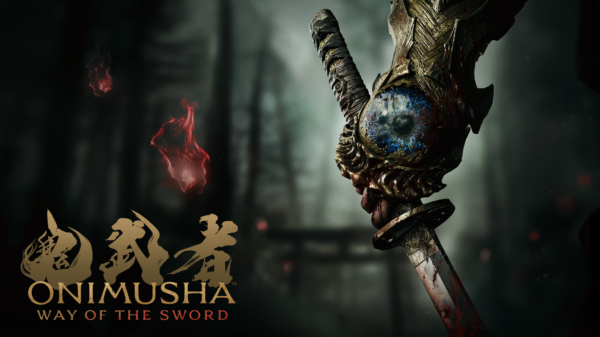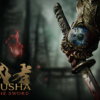Dragon’s Dogma 2 is the long awaited sequel to cult classic Dragon’s Dogma. Finally we will learn what wisdom this dragon wishes to impart upon us, lest we don’t get lost along the way and repeat a fight with goblins 20 times to get there.
Dragon’s Dogma 2
Developer: Capcom
Price: $70 USD
Platform: PC (reviewed), PS5, Xbox Series X|S
MonsterVine was supplied with Steam code for review
If it wasn’t clear from the start I’m not a huge fan of Dragon’s Dogma 2, in all honesty, I’ve found it one of the more frustrating games I’ve played in a while. No game has inspired such annoyance in me that I’ve felt the need to vent this frustration out loud and often. But in a weird sense, I don’t think it’s a particularly bad game.
Following the lead of its predecessor Dragon’s Dogma, and some of its contemporaries: Elden Ring & Tears of The Kingdom, Dragon’s Dogma 2 sets out to create a massive world that can be explored anyway you like with a massive amount of ways to tackle those challenges. It’s ambitious, just as the original one was 12 years ago. There’s a huge variety of classes that all play completely differently, making it so every character feels unique. They start out with the prototypical fantasy classes: Warrior, Mage, Archer, Thief, then rapidly expand into new and interesting classes as you pass through the game. Shoutouts to Mystic Spearhand and Magick Archer for being especially weird and fun. This makes combat an absolute joy, enemy encounters can go in unexpected ways depending on what you and the monster are doing, and it leads to some crazy stories that sometimes have to be seen to be believed.
The problem is that at times it just feels endless. In an interview prior to release Hideaki Itsuno stated that if travel is boring that means the game is boring. This is something I absolutely agree with and was excited to see how Dragon’s Dogma remedied this. The answer apparently was to make travel a non stop combat encounter where you run into packs of enemies every 5 or so minutes. At first, this feels fun, it gives you an excuse to try abilities and mess around in combat, but 20 or so hours in it’s maddening. The distance between settlements is large, with little to no fast travel this means you’re on the road A LOT, which means you’re in combat A LOT. Traveling feels tiring, which makes exploring feel tiring. Very few places that you explore feel worth it because most of the time the reward is: more combat.
Most of these encounters are against small fodder enemies that go down relatively easy, but still long enough they become tedious. Running into larger enemies, however, is incredibly exciting and fun. This is what this game is sold on, and it really delivers for the most part. Every new large monster is exciting, finding out the ways to take them down is incredibly satisfying, until they too become part of the endless slog of combat encounters thrown at you. Every fun edge of the game starts to become worn down by the tedium of the actions you’re presented with.
This follows over into the story and quests. Most of which are tied to walking around towns and talking to people about their various problems, then following the vague clues given to you until you find the solution. Some of these are fun, it’s refreshing when a game doesn’t feel the need to hold your hand, but other times it’s obtuse and hard to follow turning a relatively simple quest incredibly frustrating because the game didn’t feel to give you one last piece of information, or in a few cases, having the quests be outright bugged in a way the information is obscured. One quest I did involved using objects that glowed in the dark to track something. Only the objects weren’t glowing for whatever reason and it made navigating this quest in the dark incredibly challenging as the objects blended with the surrounding rocks.
There are also odd stealth based quests that it’s not entirely clear how you’re hiding, who can see you, and who’s actually looking for you. They’re an honestly baffling inclusion as there is no stealth mechanic, so you’re awkwardly hiding behind pillars trying to avoid line of sight. Which isn’t the worst, but it’s not entirely clear who you’re hiding from, as patrolling guards sometimes don’t care or care a lot, and there’s no clear distinction as to why. Quests can also not be exactly clear as to how you’re supposed to complete them, leading to a lot of easily failed quests, which with only one save slot that auto saves when you complete a quest, is incredibly frustrating.
Failure in games is good, it’s something more games should strive to allow. A lot of my favorite moments in games come from my own failure. Whether that be a particularly bad death, or a traumatic and awful ending to quest because of my actions. It helps game worlds feel alive and dynamic. However, the failure of a quest due to miscommunication about player input, doesn’t feel good. Messing up because you didn’t know how to do something, or the instructions being painfully unclear isn’t fun, it’s frustrating, and it feels like you’re being punished for something out of your control.
Obtuse or unclear objectives can be great. Allowing the player to work things out on their own and discover mechanics is a magical thing, it’s why Breath of The Wild is one of my favorite games. When done not so well, it can lead to a game feeling aimless, rudderless. Which isn’t necessarily a bad thing depending on the player. For me, in Dragon’s Dogma’s case, I really wasn’t feeling it. Even in comparison to the original it feels lacking. It removes a lot of the tailored spectacle the first one had. There’s no early massive hydra boss equivalent, and nothing that reaches the highs of conquering the shadow fort. It replaces these moments with a lackluster Game of Thrones intrigued inspired plot and more sporadic boss like encounters in the open world.
This is made all the more annoying for most of the story and side quests taking place in the larger cities. Which on PC ran terribly, with bad frame rate drops I would not see in the open world at all. Making navigating and talking to people difficult and frustrating.
All this said the core combat and the pawn system are great. It’s a joy to mess around with different classes on you and your pawns. Especially when rolling with some particularly weird ones. Like my beloved Frog Nasty. The game really wants you to experiment, and it never feels like you’re being punished for trying something new and it’s always easy to swap stuff if it doesn’t feel like it’s working out.
 The Final Word
The Final Word
In a lot of ways, there’s a great game buried under the surface of Dragon’s Dogma 2. All of the components should work together. I’ve never played a game I was so frustrated with, but equally wanted to keep playing. For someone out there, I can guarantee this will be their favorite game ever. I’m sure it checks a lot of boxes for a lot of people looking for something different. I was looking for something different too, but I just feel like there was too much in the way for me to truly enjoy it. I’m still going to give it more time, I’m willing to be wrong, but for now I can’t help but feel disappointed.
– MonsterVine Rating: 3 out of 5 – Average

